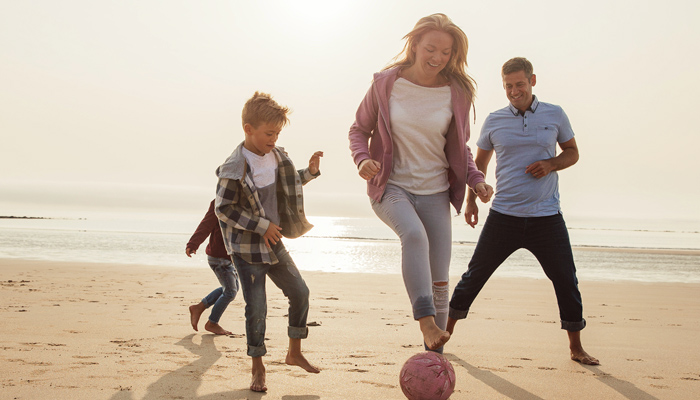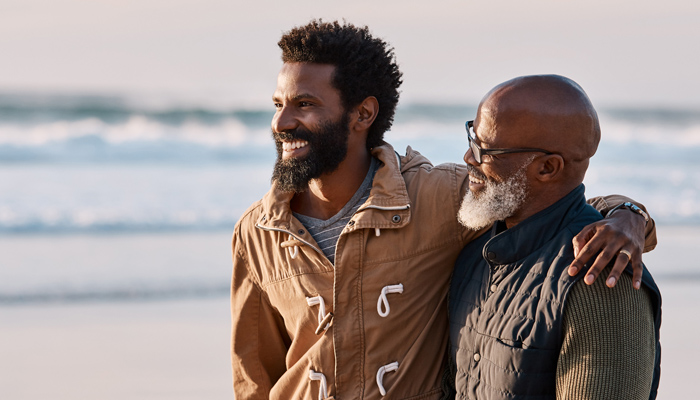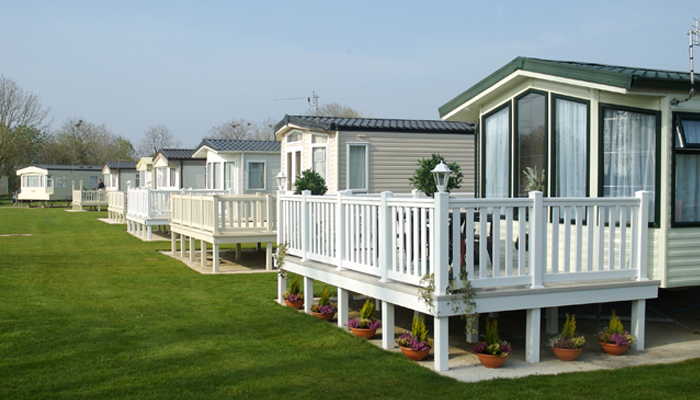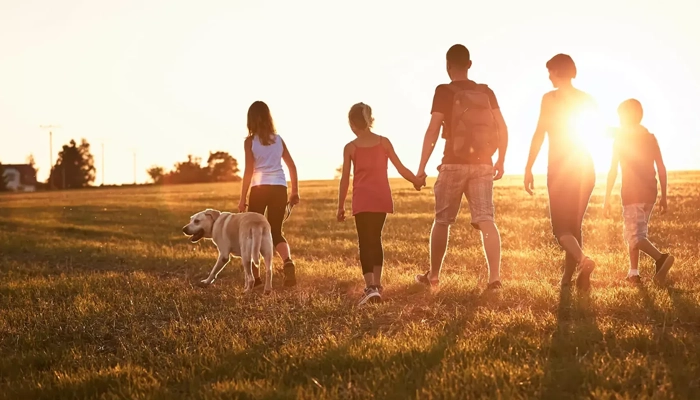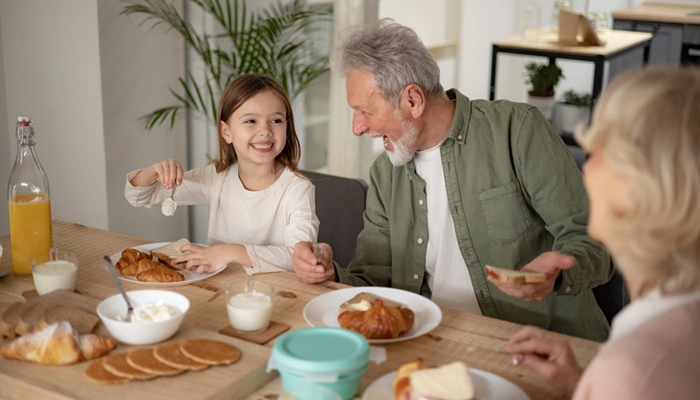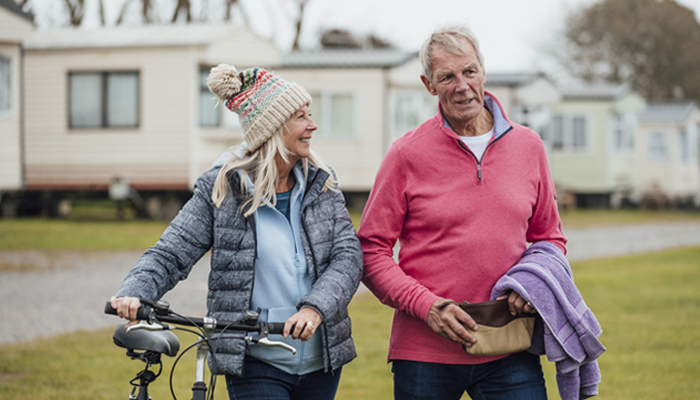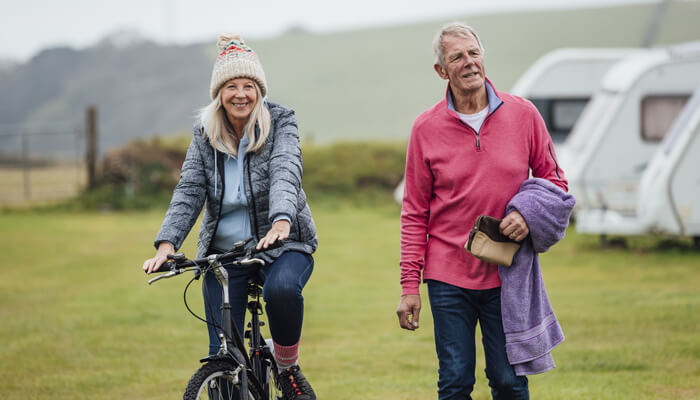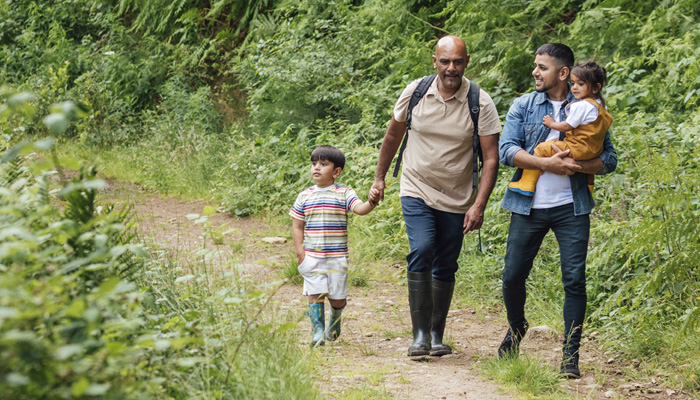Butane or Propane - Which Is Best for Your Caravan?
Caravan and motorhome gas cylinders can run off two different types of gas: propane and butane. Both fuels have their pros and cons, which should be weighed up before you decide which is the best one for your needs.
There are a few fundamental similarities - they are both derived from petroleum, they both emit carbon dioxide and water, and they both burn at a similar temperature.
When it comes to the winter months, however, propane has an immediate advantage as it is more effective at temperatures below freezing.
For this reason, caravanners looking to venture out during the winter months are advised to switch over to propane for their touring caravan, or at the very least take a small propane canister as a back up.
What is Autogas?
The third option is to go with a mixture of the two. This is something that is very popular on the continent, where it is often referred to as 'Autogas', a substance that delivers some of the advantages of both fuels.
Buying and checking your caravan gas
If you're switching from one gas to another, check that your caravan gas regulator is compatible with both types of gas. Some older caravans are fitted with gas regulators which are only set up for one type of gas or the other. Newer caravans however, should be able to cope with both. If in doubt, check with your local caravan dealer.
When it comes to replacing or refilling your gas canisters, the most important thing is to visit a caravan dealer or a professional who is signed up to the Gas Safe register.
They will be able to give you the advice you need to pick the right fuel source, and teach you how to change a canister safely when you're on holiday.
That just leaves the dilemma of when to change your gas. The traditional way of judging whether your gas canister is empty is by lifting it up - it should feel lighter than a full canister.
This imprecise method is gradually being replaced by new technology: many Calor canisters now come with Gas Trac, a meter which tells you when the gas has run out.
Or you can buy a Truma LevelCheck, a clever gadget which scans your canister using ultra-sound to determine exactly how much gas is left inside.
Caravan gas safety
Whichever product you choose the important thing to remember is that gas is a highly volatile substance and you should always seek expert advice and handle it with great care and attention.
For more information watch our caravan gas safety video, or read our guide.
Caravan insurance from Towergate
To ensure you are covered should the worst happen, you should take out touring caravan cover.
Find out about our caravan insurance online or call us on 0344 892 1413 to speak to a specialist adviser.
About the author

Adam Summersby is a respected leader with 11 years’ varied experience in niche personal and commercial lines insurance, including caravan, site operators and excess reimbursement, with proficiency in leadership, sales and account management.
Date: August 01, 2024
Category: Caravan





